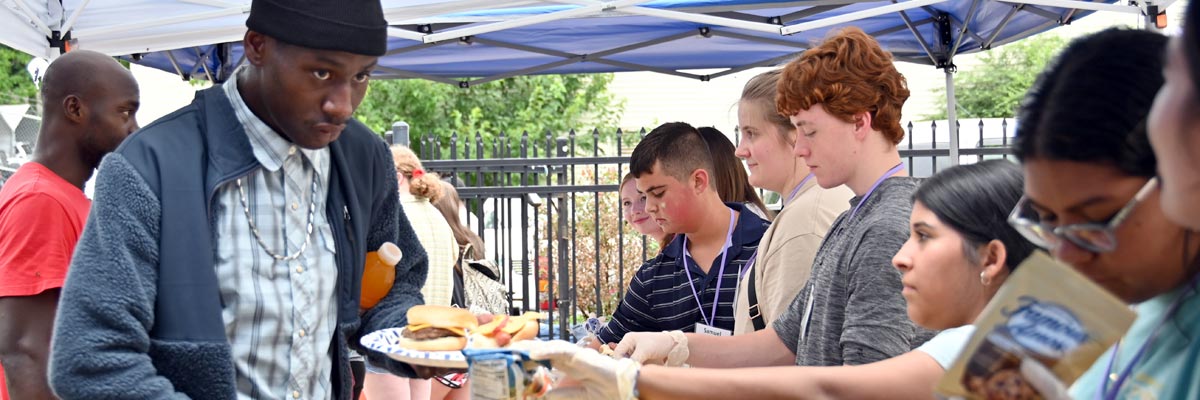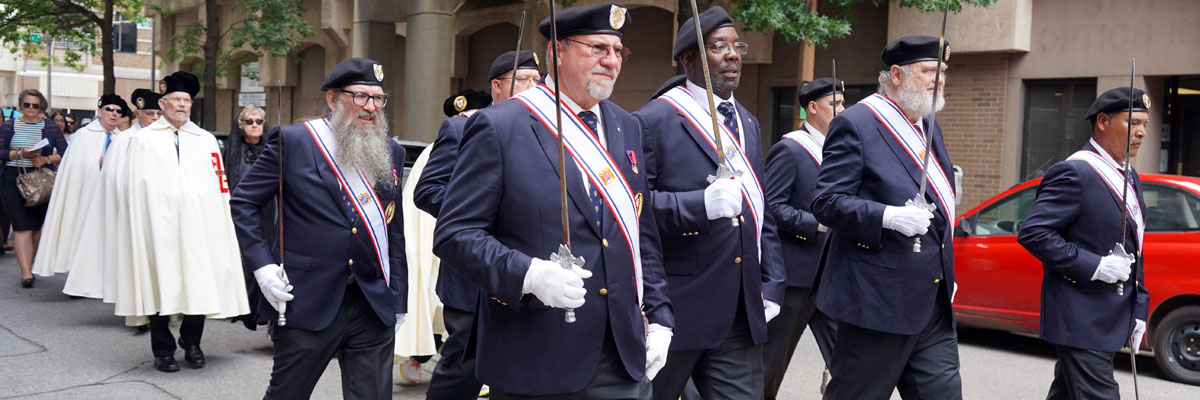Official Website of the
Catholic Diocese of Little Rock
Friday, 22nd Week of Ordinary Time, Cycle II
Published: September 7, 2018
Bishop Anthony B. Taylor preached the following homily in the chapel at CHI St. Vincent Infirmary in Little Rock on Friday, Sept. 7, 2018.

Bishop Taylor
There are two kinds of plants: annuals and perennials. Annuals live just one season and then die — for instance, tomato plants. Their seeds make it through the winter, but — to use a technical phrase — there is radical discontinuity from one year to the next. The word "radical" means "to the roots": discontinuity all the way down to the roots. This year's plant will not have last year's roots, it will be an entirely different plant.
Perennials, on the other hand, live on for years — for instance, grape vines. We prune perennials in the fall, cut back that year's excess growth, but there is continuity in the roots from one year to the next. It'll be the same vine, have the same roots as before.
In today's Gospel we have the biggest question the early Church had to answer: Did Jesus intend to found a new religion? Or was he just pruning the old religion of its excess growth so that it could produce better fruit, but still the same plant with the same roots?
In every age there are people who advocate changes in the Church, which is beneficial to the degree that they serve to prune the Church: eliminating abuses so that we can produce better fruit for the Lord, making us more faithful to Jesus' teaching.
Discontinuity: a new religion, or continuity, improving Judaism but not replacing it?
Considering that we eventually separated from Judaism, you may be surprised to learn that in the Gospels it seems clear that continuity is what Jesus had in mind, at least at this point. He came to prune the old religion, improve it; to replace parts of it, discarding wrong attitudes and abuses, but not to replace or discard Judaism as a whole.
This is the context of today's Gospel, which seems to say the opposite. Here Jesus emphasizes the incompatibility of his reforms with all that needs to be changed: "You don't sew a piece of unshrunken cloth on an old coat ... you don't pour new wine into old wineskins, otherwise you'll ruin them both!"
A change of attitude, a radical pruning perhaps, but not a break with Judaism — even though that is what eventually happened. And since then there have been other even sadder radical breaks: the Catholic/Orthodox and Catholic/Protestant splits, and many more splits within Orthodoxy and Protestantism, for which there is also no justification in Jesus' teaching.
In every age there are people who advocate changes in the Church, which is beneficial to the degree that they serve to prune the Church: eliminating abuses so that we can produce better fruit for the Lord, making us more faithful to Jesus' teaching.
And the Church is going through a very difficult time of pruning right now, working to remedy the structural flaws that allowed the sexual abuse of minors by clergy to go on so long and gross mismanagement of these cases by so many bishops who focused too much on institutional concerns and so lost sight of the plight of the victims, which should have been their first priority.
And of course, this is not our first pruning. Vatican II pruned us 50 years ago in a way that was in complete continuity with all that went before, just like the reforms of the Council of Trent, which sought to remedy the scandalous situations in the 1500s that were a cancer in the life of the Church in those days.
Indeed, given the human condition and the fact that we are a Church of sinners, this pruning needs to occur in every generation. And constantly in our own personal lives as well. And what is the greatest set of pruning shears we have? The Word of God.
Today’s Mass is taking place as part of St. Vincent Infirmary’s reception of the beautiful St. John Illustrated Bible, the Word of God in print, indeed in calligraphy and in vibrant color, a beautiful work of art.
I pray that this display will inspire us to go beyond the written word in order to encounter the living Word of God in person, about whom the written word only serves to give witness. Beauty is one of the attributes of God, so I pray that the beauty of this work will lead you beyond itself to the source of that beauty.









